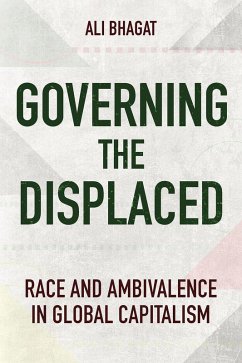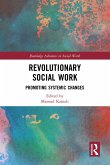Governing the Displaced answers a straightforward question: how are refugees governed under capitalism in this moment of heightened global displacement? To answer this question, Ali Bhagat takes a dual case study approach to explore three dimensions of refugee survival in Paris and Nairobi: shelter, work, and political belonging.
Bhagat's book makes sense of a global refugee regime along the contradictory fault lines of passive humanitarianism, violent exclusion, and organized abandonment in the European Union and East Africa.
Governing the Displaced highlights the interrelated and overlapping features of refugee governance and survival in these seemingly disparate places. In its intersectional engagement with theories of racial capitalism with respect to right-wing populism, labor politics, and the everyday forms of exclusion, the book is a timely and necessary contribution to the field of migration studies and to political economy.
Bhagat's book makes sense of a global refugee regime along the contradictory fault lines of passive humanitarianism, violent exclusion, and organized abandonment in the European Union and East Africa.
Governing the Displaced highlights the interrelated and overlapping features of refugee governance and survival in these seemingly disparate places. In its intersectional engagement with theories of racial capitalism with respect to right-wing populism, labor politics, and the everyday forms of exclusion, the book is a timely and necessary contribution to the field of migration studies and to political economy.
Dieser Download kann aus rechtlichen Gründen nur mit Rechnungsadresse in A, D ausgeliefert werden.









